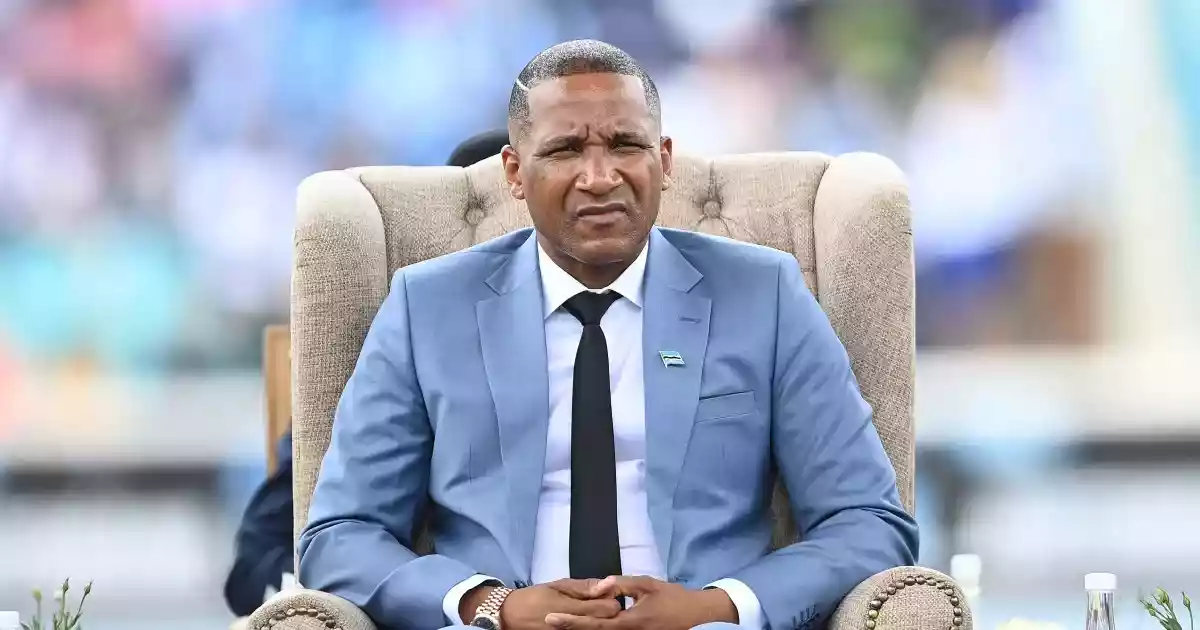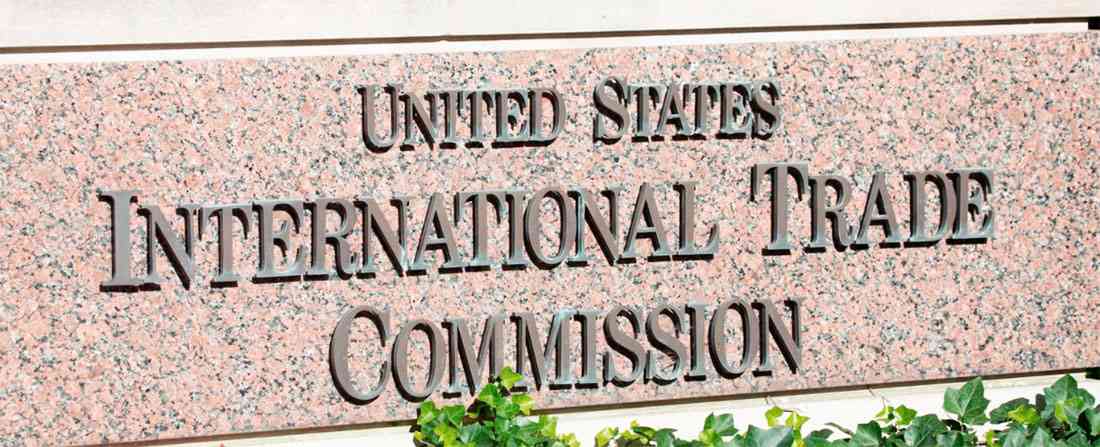BY BLESSED MHLANGA
PRESIDENT Emmerson Mnangagwa’s government yesterday announced plans to tighten screws on critics, including banning civil society from staging anti-government protests at international fora and “unauthorised communication by private citizens with foreign governments”.
Mnangagwa is facing mounting criticism over repressive tactics that were the hallmark of the late former President Robert Mugabe’s regime.
Addressing a post-Cabinet media briefing in Harare yesterday, Information minister Monica Mutsvangwa said the Executive had approved amendments to the Criminal Law (Codification and Reform) Act [Chapter 9 :23].
Mutsvangwa said government had realised that “the current law did not criminalise the unauthorised communication or negotiation by private citizens with foreign governments.”
Mnangagwa’s government, often accused of abducting and torturing opposition activists, also wants to silence alleged victims by making it an offence for them to publicly disclose their plight.
Keep Reading
- Chamisa under fire over US$120K donation
- Mavhunga puts DeMbare into Chibuku quarterfinals
- Pension funds bet on Cabora Bassa oilfields
- Councils defy govt fire tender directive
“There are also various unsubstantiated claims of torture and abductions that are concocted to tarnish the image of government, and amendments will criminalise such conduct,” Mutsvangwa said.
“Cabinet noted that the current law does not criminalise the unauthorised communication or negotiation by private citizens with foreign governments.
“Such communication or negotiation has a direct or indirect implication on Zimbabwe’s foreign relations and policy.”
Government said only its officials should negotiate on behalf of the country and private citizens had no business in Statecraft.
“According to the Constitution, the foreign policy of Zimbabwe must be based on the promotion and protection of the national interests of Zimbabwe, respect for international law, peaceful co-existence with other nations, and the settlement of international disputes by peaceful means … Private players thus have no business in foreign relations and negotiations between countries,” Mutsvangwa said.
“In addition, the Vienna Convention on Diplomatic Relations (1961) only recognises States as legitimate players in foreign relations and negotiations. Private players thus have no business in foreign relations and negotiations between countries.”
She added: “The individuals or groups involve themselves in issues of foreign relations without verifying facts or engaging domestic authorities.
“Such wilful misinformation of foreign governments will, therefore, make the individuals or groups liable to prosecution.
“Other actions that will become punishable include planned and timed protests deliberately designed to coincide with major international, continental or regional events or visits.”
Local civic groups have often protested at international meetings like the United Nations, Sadc and African Union summits to highlight government excesses in human rights violations.
Government is seeking to have these actions criminalised through the amendment of the Criminal Procedure and Evidence Act.
“The amendments will criminalise the conduct of isolated citizens or groups who, for self-gain, co-operate or connive with hostile foreign governments to inflict suffering on Zimbabwean citizens and to cause damage to national interests,” Mutsvangwa said.
The proposed law comes at a time Zanu PF acting spokesperson Patrick Chinamasa has accused MDC Alliance leader Nelson Chamisa and his deputy, Tendai Biti of going to the United States to invite sanctions on the country.
Zanu PF is also pushing for an Act that seeks to punish citizens whose conduct is deemed unpatriotic.
This will include amending the Criminal Procedure and Evidence Act to criminalise speaking ill about the country.
Meanwhile, government has announced it will be opening its borders to private passenger vehicles from December 1.
The borders will open between 6am and 6pm.
Government also relaxed the COVID-19 curfew, which now starts at 10pm instead of 8pm, but still ends at 6am.
Zimbabwe has already opened its airports to international tourists as cases of COVID-19 subside.





